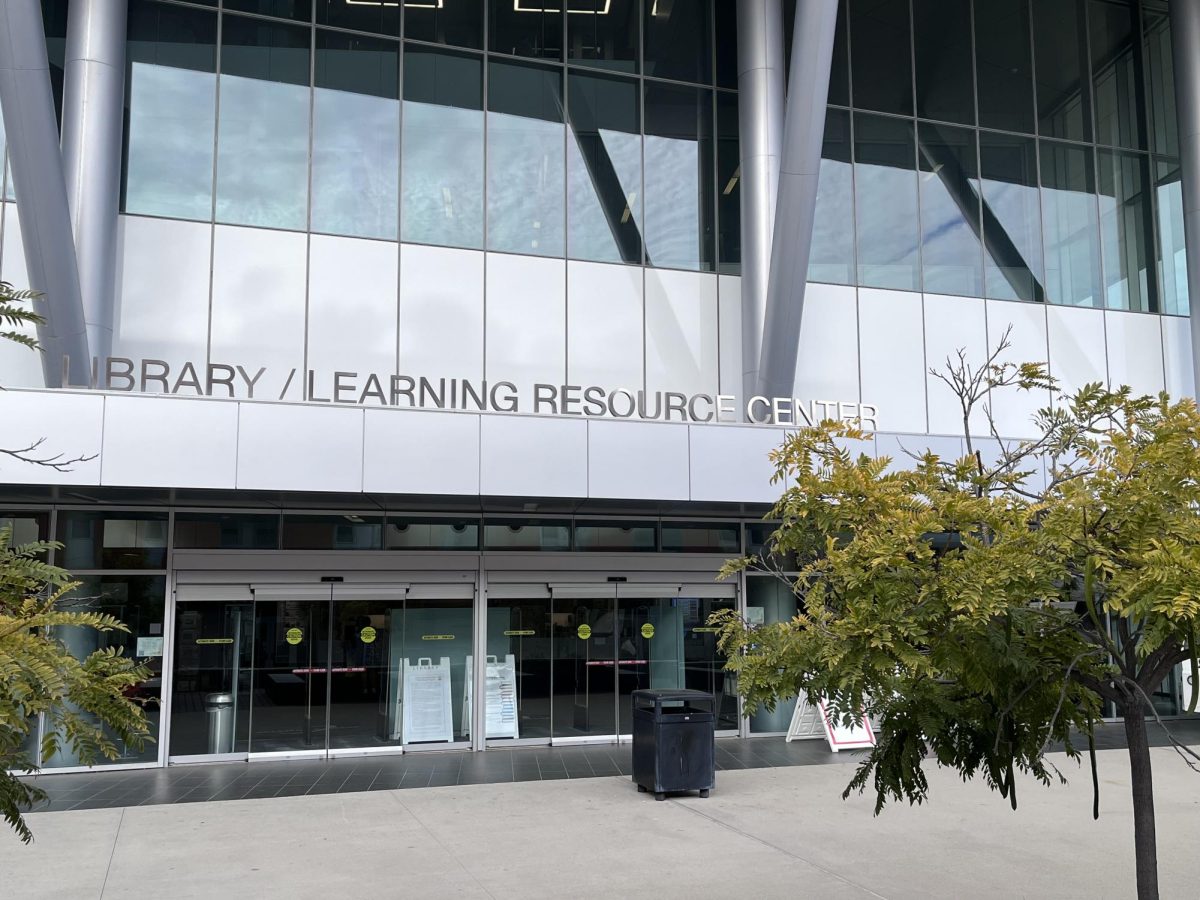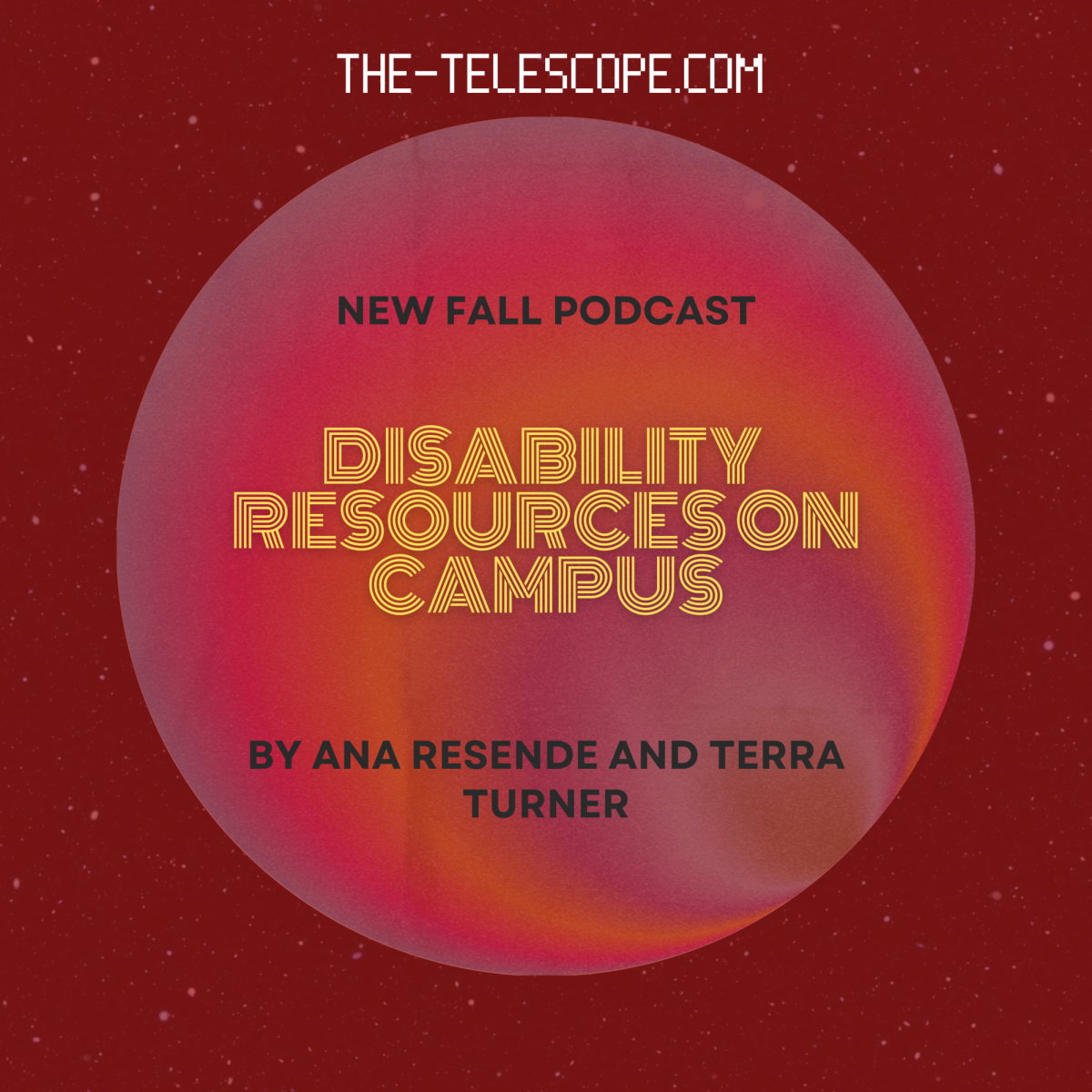I’ve been struggling with declaring a major. I love the idea of helping people, but I’m not sure that the traditional medical route is for me. A friend of mine is pursuing a degree in counseling, but I don’t know enough about it yet to make my decision. Experts, please help!
Being a teen can be tough, and there’s recent evidence to show that it may be getting even tougher. Recent data collected by health insurance companies reveals that the rate of depression has risen sharply among people aged 12 to 17. It’s on the rise for all groups, but the uptick is especially noticeable in teenagers and adolescents. Some experts believe the nature of social media can make kids feel isolated and adrift. There’s a need for good counselors who can talk to kids and get them to speak about what’s going on. In fact, working as a school counselor is just one of many options for people looking to go into the counseling field.
Educational Requirements
There are some careers that don’t need a ton of specialized formal education. A bachelor’s degree and general knowledge matters more than specific training in those cases. Counseling is not one of those fields. You have a direct influence on people’s lives because you’re expected to, well, counsel them about their decisions. It’s right there in the job title. High school counselors in particular occupy a unique space, as they’re expected to both help students with their career goals and with any personal problems that may be interfering with those goals. It’s a fine line to walk, and it’s not something people should expect to do as soon as they get a bachelor’s degree. That bachelor’s degree should be followed by a master’s in school counseling from a reputable university. Practical experience is also necessary, so you’ll need to be prepared to take on internships and practicums.
Besides formal education, what else do you need to be a counselor? It may sound obvious, but one of the biggest things you need is both the desire and ability to help other people find their way through life. It’s not something everyone can do. Sure, most of us can provide directions to the nearest movie theater if someone stops us downtown, but that’s very different from sitting with someone and helping them figure out the best path or paths forward. Counselors must be willing to see each person as an individual. They can’t project their own desires onto their client. Additionally, if a high school student says he wants to be a lawyer but has no interest in reading, then it’s up to the counselor to gently steer that student in another direction.
Career Outlook
The future is bright for those who are interested in becoming school and career counselors. The Bureau of Labor Statistics projects the field will grow at a faster than average rate through 2026. With a median annual salary of about $55,000, the pay is also solid. There aren’t as many jobs in counseling as there are in teaching, but that’s OK. Teaching isn’t for everyone, and neither is counseling. However, both fields often seem like more of a “calling” than profession, because they’re jobs that need a lot of emotional investment. You must really care about the people you work with, and sometimes that can be incredibly draining. If a student comes in and reports that their parent is abusing them or neglecting them, then you’re required by law to report that abuse to the proper authorities. It can be a lot to take on, but luckily, the rewards are also great. There’s nothing like having a client come back a few years later and thank you for all the arduous work you did in putting them on the road to a more successful life.


























































